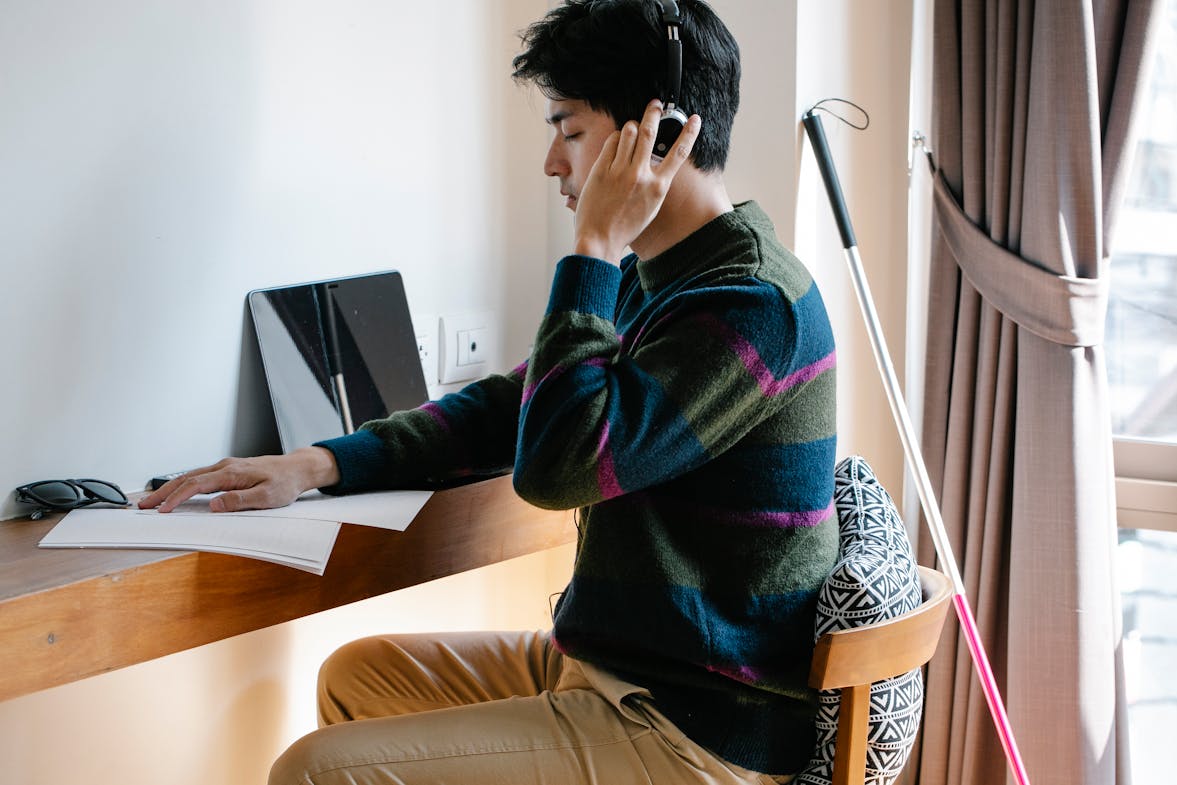In the 1980s, disability rights activists seized on a memorable slogan to animate their campaign for equal rights and representation: “Nothing about us without us!” Their rallying cry spread from Eastern Europe, to South Africa, to protests around the world. This cry helped spur the movement to pass the landmark Americans with Disabilities Act in the United States and became a refrain for the advocates who helped shape the UN Convention on the Rights of Persons with Disabilities.
But as times have changed, so has thinking about disability. Today, as we commemorate the International Day of Persons with Disabilities, activists have updated their goal to simply: “Nothing without us.”
“Nothing without us” reflects the truth that persons with disabilities are part of every community and live in every geography around the world. Any issue that affects humans—climate change, hunger, disease, conflict—necessarily also affects persons with disabilities. In fact, these issues often affect persons with disabilities disproportionately.
That’s why USAID’s new “Nothing Without Us” Disability Policy, which we launched in October, calls for us to embed disability inclusion across all of our work. If we are to make lasting progress on the most pressing global challenges and achieve our development goals, our programs have to reach the world’s 1.3 billion persons with disabilities.
At USAID, this in part means that regardless of one’s job title or description, each of us must be committed to including persons with disabilities in our work. When we create new early warning systems for extreme weather events, for example, those systems should include sign language and captioning to make sure they reach everyone who needs to be warned. When we work to expand voting access in a particular country, that should include making polling places physically accessible and providing tactile ballots for blind and low-vision voters. When we offer job training to increase economic security, we should be prepared to train people with cognitive disabilities.
As we celebrate the International Day of Persons with Disabilities, we recommit to engaging with persons with disabilities across all of our work at USAID. Together, following the lead of persons with disabilities and the organizations they run, we can realize the promise of “nothing without us.”



